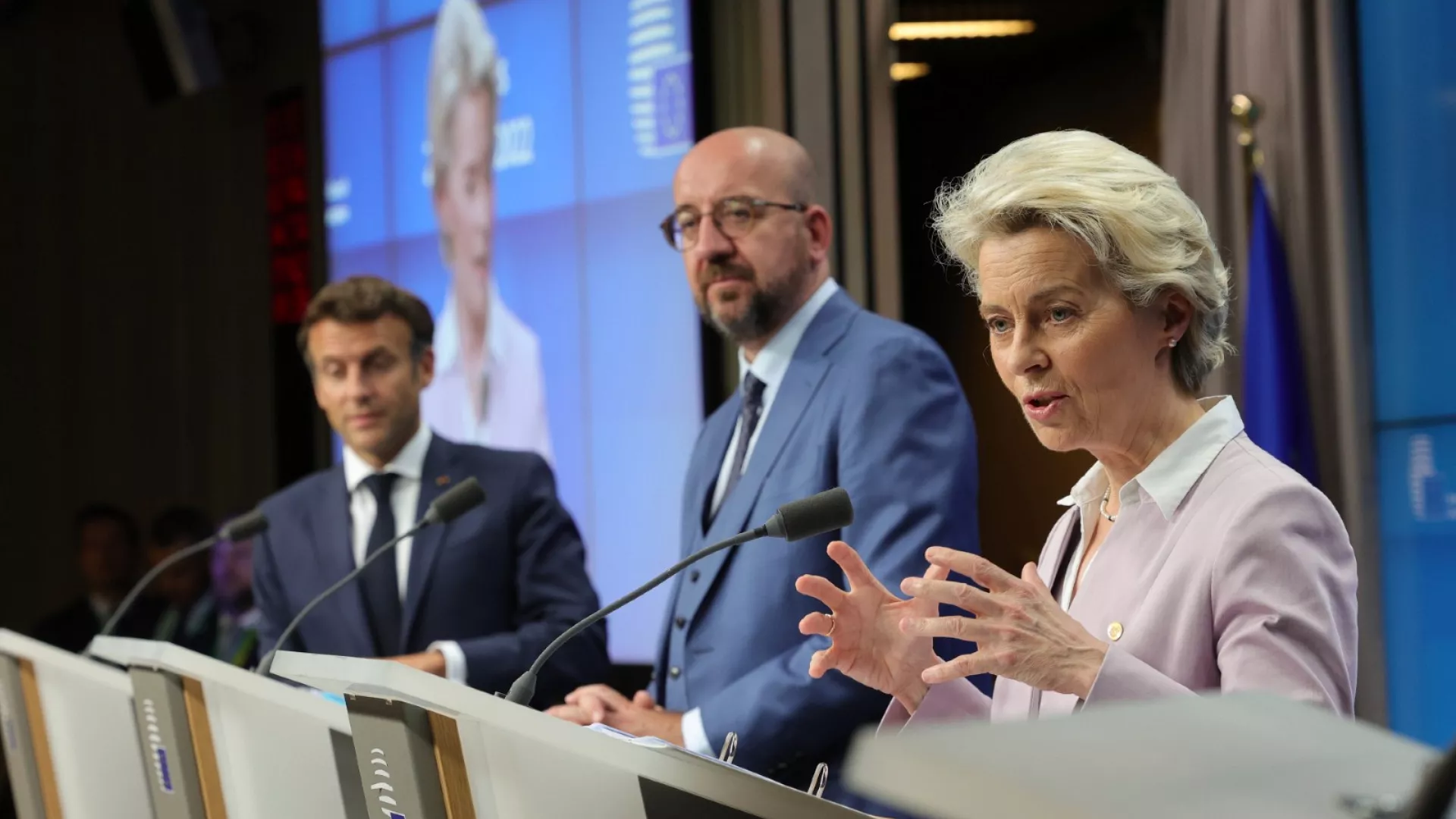








European elections shake the political landscape as far-right gains momentum. Mainstream parties struggle to maintain influence amid rising public dissatisfaction and democratic deficits.

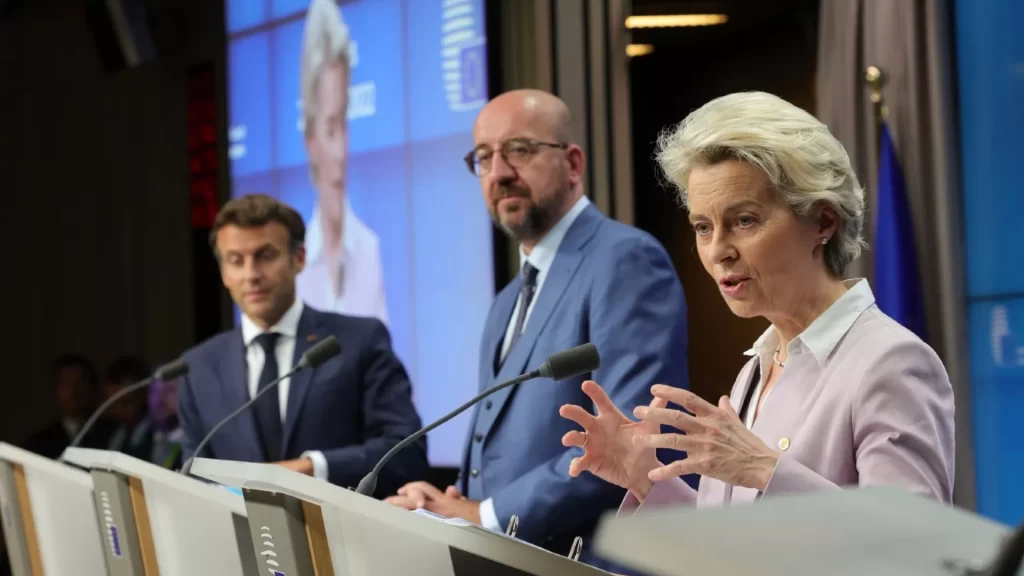
Welcome back to Europe Brief, where we take a look at the shifting political landscape of Europe following the June 2024 elections, as far-right parties gain momentum while mainstream parties struggle to maintain their influence amidst rising public dissatisfaction and ongoing democratic deficits across the EU.
After the European elections in June 2024, which took place between June 6-9 across European countries, there appear to be serious outcomes and consequences for EU countries and the public, reflecting the will of the European people. In the European Parliament, far-right blocs and ideologies gained more ground than expected. Far-right and conservative groups in the European Parliament, such as Patriots for Europe and Conservatives and Reformists, secured a total of 162 seats out of 720. While the gains of the far-right may not seem overwhelming, the mainstream parties, like the European People’s Party, Socialists and Democrats, Renew, and Greens, lost influence and even some seats in the European Parliament.
Mainstream parties, ideologies, and leaders with a left-liberal tendency struggled to counter the propaganda of far-right parties, as these parties and politicians are adept at harnessing public dissatisfaction with migration, high living costs, inflation, and social media to strengthen their discourse and actions. Despite the rise of the far-right in the European elections, there wasn’t a major victory by the far-right, as conservatives tend to vote more in national elections than in European elections. This might also explain the low turnout in one of the world’s largest democratic blocs, which was around 51.05% (+0.4%) in the recent elections.
The low turnout rate also signals a classic democratic deficit problem in Europe. People in Europe seem to struggle to understand the EU’s policies, and the elites of European countries and the EU who are currently in power appear disconnected from the European people. Therefore, the democratic deficit problem can still be considered one of the main reasons for public dissatisfaction with the EU. This dissatisfaction is also being utilized and instrumentalized by the far-right in Europe to attract supporters to their cause, and they have been particularly successful in the EU’s founding six countries, such as France, Germany, Italy, the Netherlands, and Belgium.
In the period following the European election results, on July 16, 2024, Roberta Metsola, a Maltese politician, was re-elected as the president of the European Parliament for the next two and a half years, securing 562 votes out of 623 ballots. Additionally, Ursula von der Leyen was re-elected as the President of the European Commission for the next five years, despite all the criticism she received for her controversial views on the Israel-Palestine conflict, her bargaining with the far-right, and her handling of migration issues. She is also known for acting unilaterally, often without consulting other member states or even the High Representative, Josep Borrell.
For instance, it was revealed by MEP Tineke Strik that the European Commission acted independently in finalizing a migration deal with Tunisia in July 2023. MEP Strik obtained an informal letter written by Josep Borrell to Ursula von der Leyen regarding the deal with Tunisia. In the letter, Borrell expressed that the member states were not informed of such a migration deal. These conflicting views and positions between EU institutions and leaders reflect the current internal challenges within the EU.
In conclusion, we can argue that mainstream politicians like von der Leyen and Metsola, despite their differing positions on various developments or the criticism they have received, do not seem to be significantly affected. These politicians are supported by mainstream parties in Europe and the European Parliament in an effort to counter the continuous rise of far-right parties and to protect their central positions.
However, the actions taken by mainstream parties, politicians, and political groups seem to harm their public image, as many Europeans find their policies incomprehensible, elitist, and disconnected from the people. Looking ahead to the next five years of the EU, the key priorities are expected to remain largely unchanged. With von der Leyen entering her second term as President of the European Commission, issues such as the rule of law, democracy, the Green Deal, support for Ukraine, and the Israel-Palestine conflict will continue to be central to the agenda of the new College of European Commissioners.
The future of far-right ideologies in Europe appears likely to grow in the coming years unless mainstream political parties and leaders effectively address the pressing concerns of European citizens. This will be crucial in preventing the far-right from exploiting fears and emotionally manipulating people through social media.
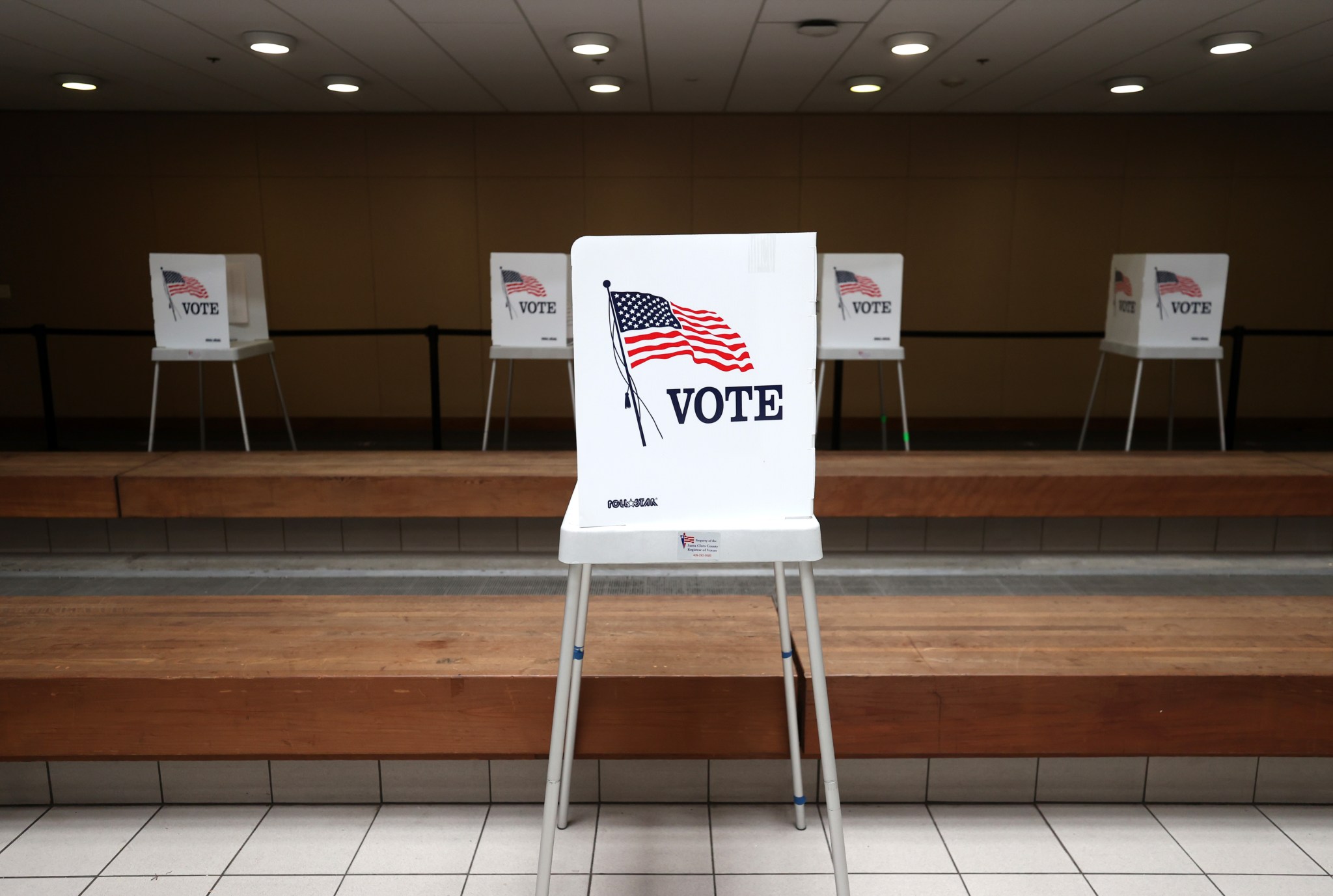
The U.S. elections have turned into a sports-like fan culture. Harris and Trump compete in a nonstop campaign mode.
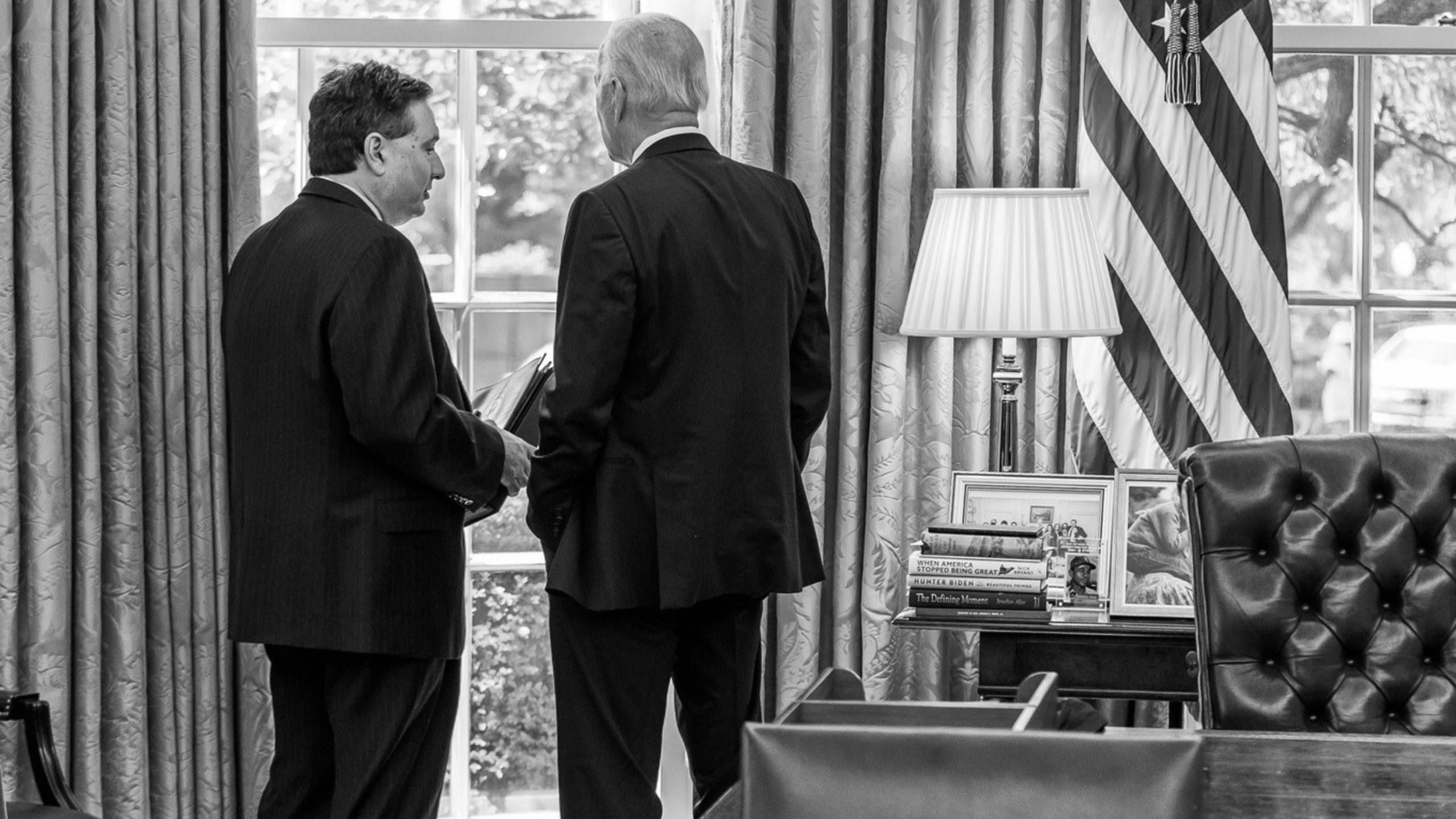
With Biden’s unexpected decision, the election race has suddenly shifted. Kamala Harris emerges as the new Democratic candidate, and the party faces a challenging election ahead.
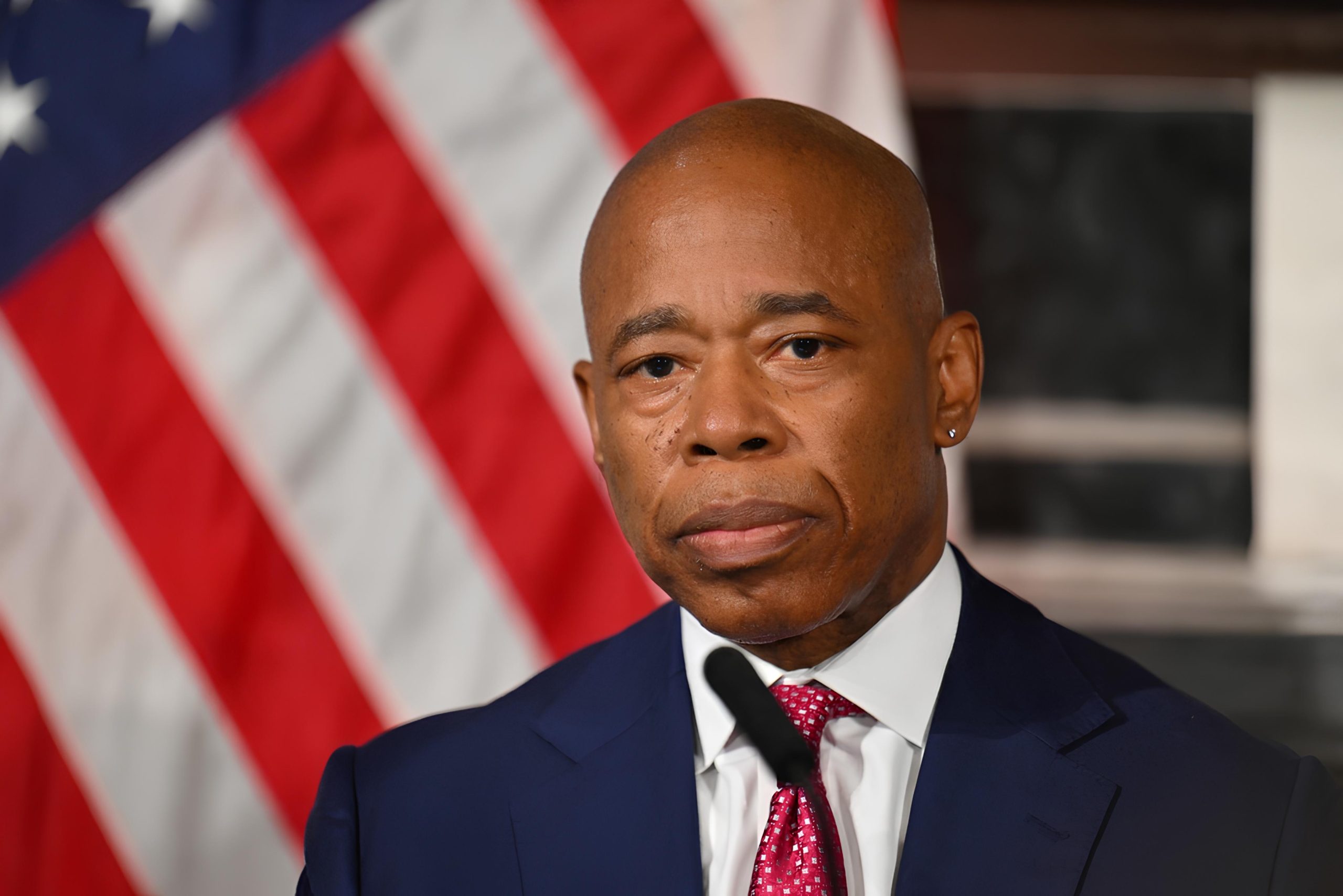
FBI Investigates Eric Adams Mayoral Campaign in 2021 with claims of Bribe with possible linkages to Türkiye.

Written By: BATUHAN GUNES
Written By: KRISTIN HYNES
Written By: ERIC SONG
Written By: ALEXANDER BERGH
Written By: KATE-REID SMITH
Written By: JOSEF SCHOEFL
Written By: PATRIC MCFARLAND
Written By: FATIH CEYLAN
FA’s flagship evening newsletter guilding you through the most important world streis ofthe day. Delivered weekdays.
